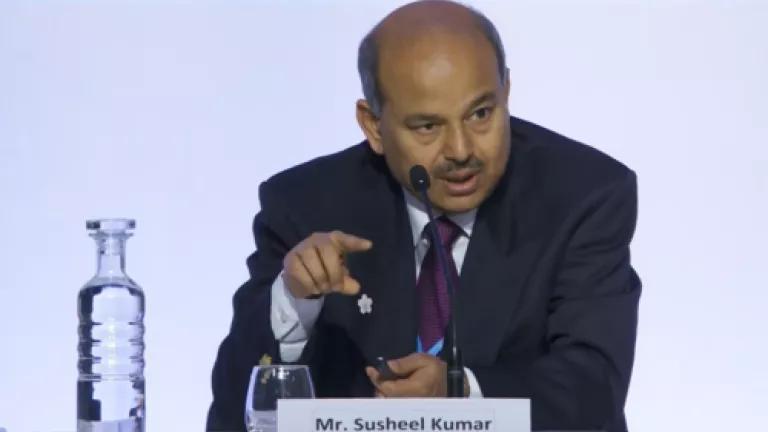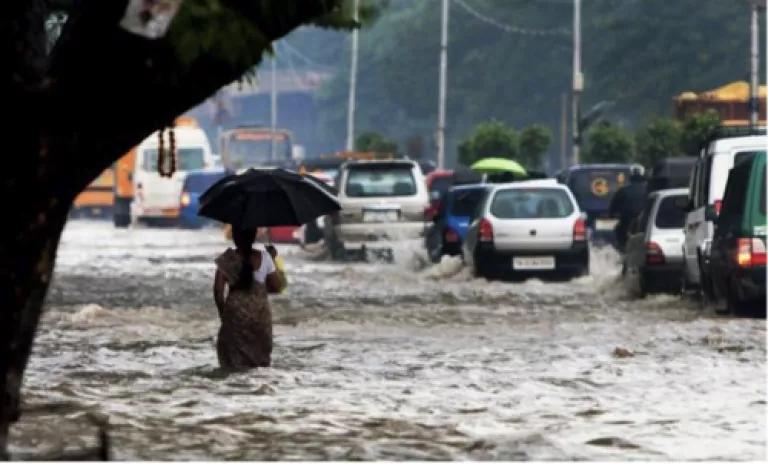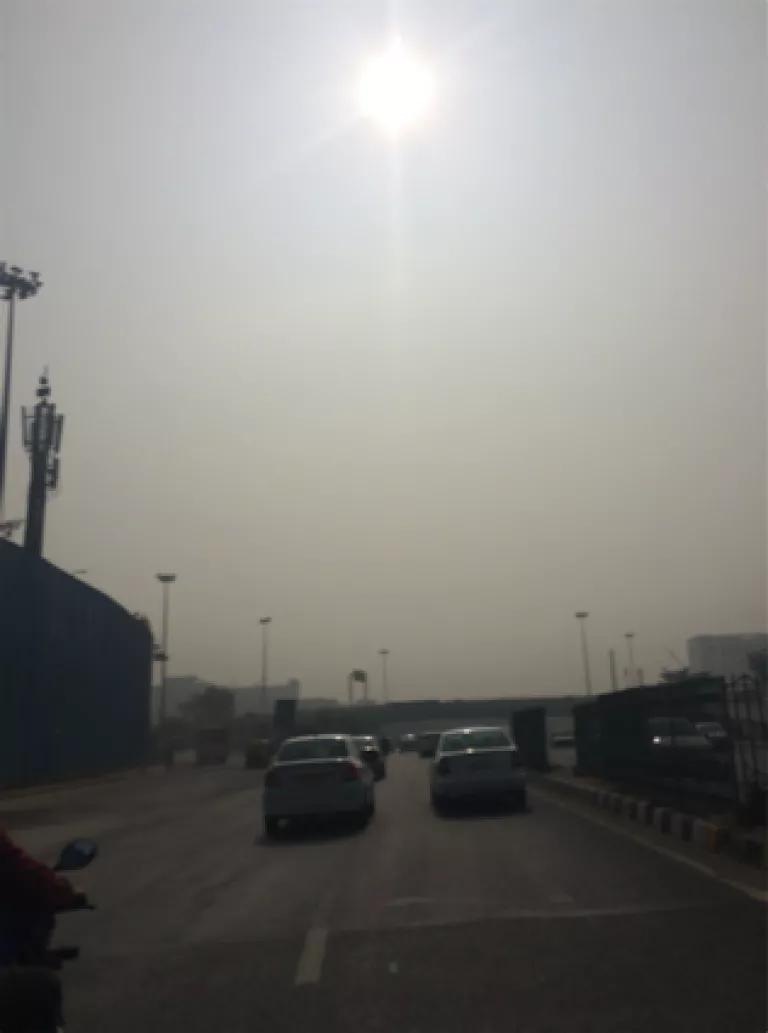
"Poor people are more impacted by extreme weather. Adaptation & mitigation are equally important for us."
~ Susheel Kumar, Additional Secretary of the Ministry of Environment, Forests and Climate Change (MOEFCC) at COP21, Friday, December 4th
As India's leaders and top climate negotiators are convening with world leaders to reach an international climate agreement in Paris, back home, extreme weather variability and worsening environmental conditions make clear what's at stake. A record-breaking deluge has flooded Chennai's streets and Delhi's air is choked with toxic smog. Earlier this year, India suffered from one of the deadliest heat waves in world history, resulting in over 2,300 deaths. All of these climate disasters paint a backdrop of the devastating impacts of global warming that are predicted to get much worse unless bold action is taken in Paris.

Heavy rains have caused deadly flooding in India's fourth largest city, Chennai. The ongoing flood has already claimed the lives of over 200 people and displaced 43,000 people in Tamil Nadu and Andhra Pradesh. India's chief meteorologist, Dr. L S Rathore, has attributed the increased frequency of extreme weather events like this flooding and the May heat wave to climate change.

Up north, the country's capital city New Delhi struggles to function in a cloud of toxic air pollution. Monitor readings indicate dangerous air quality levels and doctors are advising citizens to wear protective masks. Outdoor air pollution kills more than 627,000 in India people annually, according to the World Health Organization.
These tragic circumstances are poignant reminders of what the climate agreement in Paris could mean for those who are living in such conditions everyday, especially in India. The most vulnerable communities need a win in Paris - a strong global agreement that enables robust clean energy growth, low-carbon economic development, and ways to build resilience from the worst impacts of climate change.
The World Meteorological Organization recently announced that 2015 was the hottest year on record. Earlier, in May 2015, while India experienced a devastating heat wave, leading medical experts on the Lancet Commission on Health and Climate Change concluded that climate change is a "medical emergency." Over the past decades, extreme temperatures have become more frequent and intense due to climate change, leaving vulnerable groups - often the poorest people - exposed to harsh, deadly conditions.
Strong resilience plans and early warning systems such as the Heat Action Plan piloted in 2013 in the city of Ahmedabad, Gujarat, can help communities prepare for extreme weather events and climate related disasters. Taking a cue from Ahmedabad, other leading cities in India are now taking local action through early warning systems and other prepatory measures to protect vulnerable groups from the impacts of extreme heat. To further discuss resilience and measures that protect vulnerable urban communities from climate change impacts, NRDC and partners are hosting a side event at the Conference of Parties in Paris to discuss concrete resilience examples like the Ahmedabad Heat Action Plan and release a City Resilience Toolkit: "City Resilience: Real World Measures that Save Lives and Reduce Carbon" on Tuesday, 8th December 2015.
India put forth a strong domestic climate target ahead of the Paris climate negotiations, prioritizing clean energy with ambitious goals to reach 175 GW of renewable power by 2022 and power its major economic growth with 40% non-fossil fuel energy by 2030. The Indian government is also focusing on advancing climate adaptation and resilience programs to protect communities from the dangers of climate change. NRDC and partners are hosting a side event at the Conference of Parties in Paris to discuss India's solar and wind energy programs, along with new emissions-reducing programs in the China and the U.S.: "Global Climate Action: Perspectives on Major Energy Initiatives in China, India and the United States" on Thursday 10th December 2015.
At Paris, India, together with other countries, are negotiating a strong global pact to reduce global emissions. A meaningful shift of India's energy trajectory relies on reaching agreements on technology-exchange and climate finance to enable the transition while trying to provide electricity for over 300 million people. Finding less carbon intensive ways forward, including shifting to clean energy sources that pollute less than fossil fuels, is key to improving India's air, environment and water, as well as combating the global problem of climate change. More importantly, finding a cleaner way forward can ensure that the most economically disadvantaged are saved from becoming the most environmentally disadvantaged.
Photo Captions:
The floods in Chennai have claimed over 200 lives so far. Photo Credit: Chennai Speakers
Delhi's toxic air quality levels lead to reduced visibility. Photo Credit: Nehmat Kaur, NRDC
